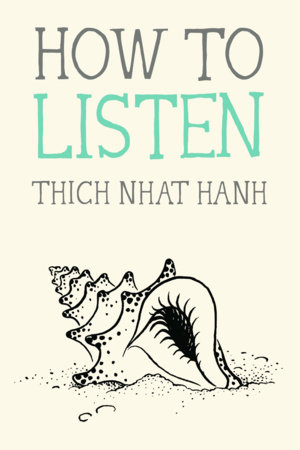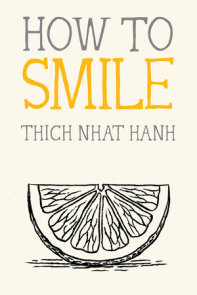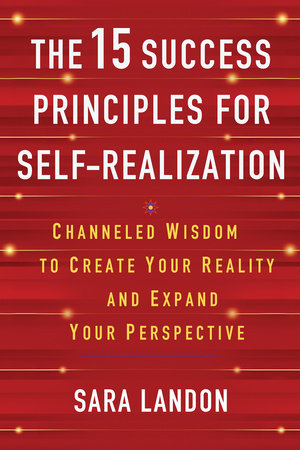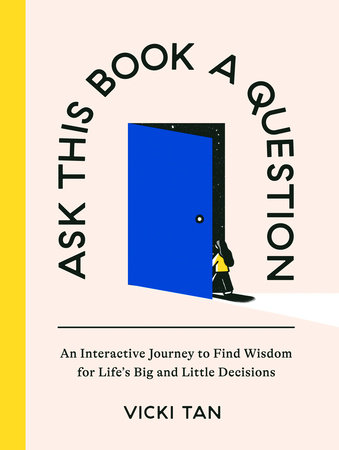

How to Listen
By Thich Nhat Hanh
Illustrated by Jason DeAntonis
By Thich Nhat Hanh
Illustrated by Jason DeAntonis
By Thich Nhat Hanh
Illustrated by Jason DeAntonis
By Thich Nhat Hanh
Illustrated by Jason DeAntonis
Part of Mindfulness Essentials
Part of Mindfulness Essentials
Category: Self-Improvement & Inspiration | Meditation & Mindfulness | Philosophy
Category: Self-Improvement & Inspiration | Meditation & Mindfulness | Philosophy
-
$9.95
Sep 10, 2024 | ISBN 9780984627110
-
Sep 10, 2024 | ISBN 9780984627172

-
$9.95
Sep 10, 2024 | ISBN 9780984627110
-
Sep 10, 2024 | ISBN 9780984627172
YOU MAY ALSO LIKE
Praise
“We have here another quiet, useful publication in “The Mindfulness Essentials Series” of small books by Thich Nhat Hanh, produced by the nonprofit publishing house founded decades ago by the Zen master. … This book is organized into very short chapters — each one or two pages of a pocket-sized paperback. The second of these is titled, “We Need to Train” and includes this explanation of how important and elusive true listening can be in our lives:
We must listen to the other person so that they have a chance to express themselves. We try our best to listen, but after a few minutes we can no longer continue; their speech touches the pain, violence, and anger in us. At first, we vow that we will give the other person a chance, even if what they say is unjust or difficult to listen to. But because of the violence, fear, pain, and anger in ourselves, we cannot listen for more than five minutes; we want to react, shout back, or run away. We have lost our capacity to listen with compassion, and we need to train so that we can listen again.
This sets the stage for all that follows, including teachings on understanding our suffering, paying attention, “transforming habit energies,” looking carefully at what we are taking in, and a teaching that Thay often offered from Buddhist psychology about how we are always “watering seeds” in us, sometimes without awareness. There are seeds of anger and fear and despair that often get watered; instead, with purpose, we can water seeds that “are beneficial seeds of love, compassion, joy, forgiveness.” A final short section focuses on practices for listening with compassion.”
—Jon M. Sweeney, Spirituality & Practice


























